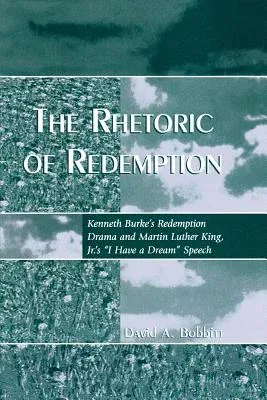David A Bobbitt
(Author)The Rhetoric of Redemption: Kenneth Burke's Redemption Drama and Martin Luther King, Jr.'s 'I Have a Dream' SpeechPaperback, 16 February 2007

Qty
1
Turbo
Ships in 2 - 3 days
In Stock
Free Delivery
Cash on Delivery
15 Days
Free Returns
Secure Checkout
Part of Series
Communication, Media, and Politics
Print Length
156 pages
Language
English
Publisher
Rowman & Littlefield Publishers
Date Published
16 Feb 2007
ISBN-10
0742529282
ISBN-13
9780742529281
Description
Product Details
Author:
Book Format:
Paperback
Country of Origin:
US
Date Published:
16 February 2007
Dimensions:
22.61 x
15.7 x
0.51 cm
ISBN-10:
0742529282
ISBN-13:
9780742529281
Language:
English
Pages:
156
Publisher:
Weight:
240.4 gm

